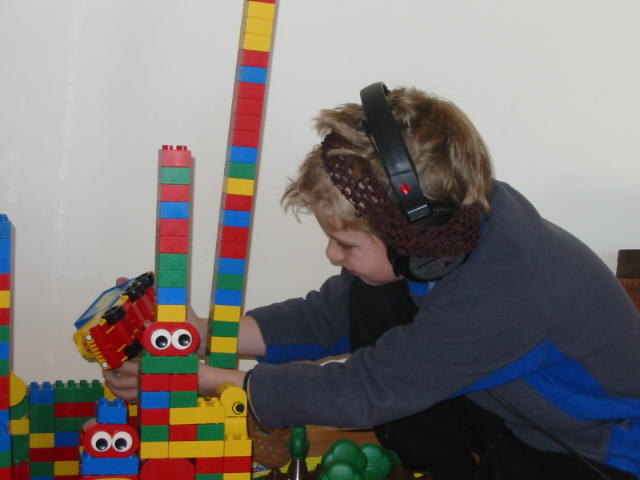In an ideal world, we would all grow up in a harmonious, nurturing and safe environment. However, in the real world we often don’t.
We know that adrenaline and other stress-induced neurotransmitters can weaken the immune system. Tummy bugs, ear infections – they can all be indicators of underlying emotional upsets in children.
Stress can numb us on the one hand, but make us hyperactive on the other. Memory and learning may be affected as well, since under stressful circumstances our ability for logical and creative solutions gets inhibited. The nervous system continually evaluates risk and will let us know whether we can trust our environment or not. These are not conscious deliberations, and we may even be totally mistaken. Yet reasoning about this will not necessarily help. Especially fear can often not be tackled with logic.
However, music has a mysterious way of reaching into the depths of our brain and body and is able to calm the nervous system in a way that it can come back from this instinctual survival mode of fight, flight or freeze. Long before Stephen Porges came up with his insights and before any brain scan was ever made, Tomatis was adamant that sound can be considered a nutrient – a very important nutrient, especially when we are young and still very vulnerable. His method has helped thousands of children without medication, without much talking about who did what to whom and why. And he did this in a quick, gentle and simple way.
“If you want to improve the world, start by making people feel safer” – Stephen Porges.




